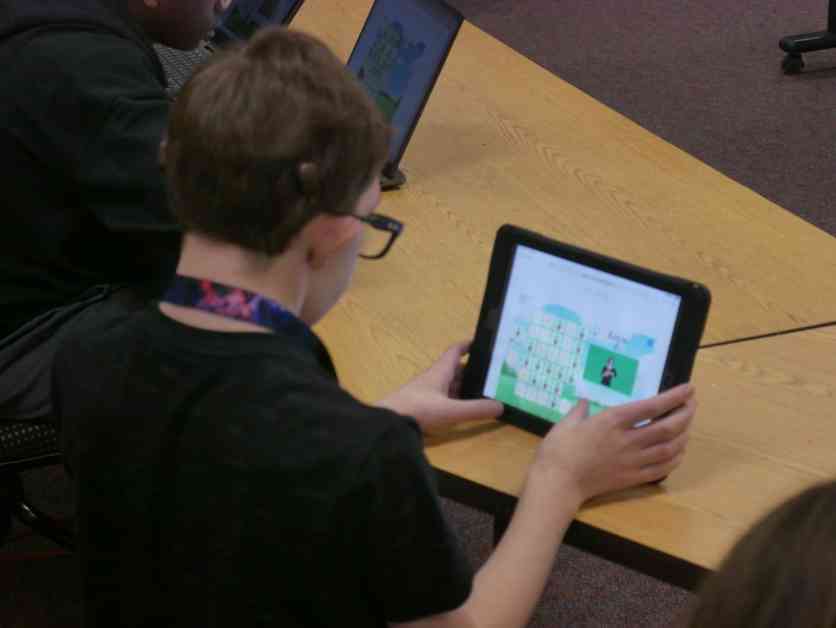Poor literacy skills have been a long-standing issue for the deaf and hard of hearing community. According to the National Center for Special Education Research, deaf high school graduates have literacy rates equivalent to a fourth-grade level. This challenge is further compounded when it comes to STEM education, as the vocabulary for these subjects is limited in standard American Sign Language (ASL).
Illinois-based startup ASL Aspire, which was a participant at TechCrunch Disrupt’s Startup Battlefield 200, is aiming to address this issue through a game-based approach to STEM education. The team at ASL Aspire collaborates with deaf scientists and mathematicians to develop standardized STEM-based vocabulary in ASL. This curriculum can then be integrated into teachers’ lesson plans to enhance the learning experience for deaf students.
ASL Aspire officially launched in 2022 with a focus on middle school students, but they are developing curricula for students ranging from kindergarten to 12th grade. Co-founder and COO Ayesha Kazi mentioned that high school students have also benefited from the platform, as many of them are lagging behind their hearing peers in STEM subjects.
The idea for ASL Aspire stemmed from co-founder Mona Jawad’s experience working with deaf scientists while studying at the University of Illinois, Urbana Champaign. Jawad, who is pursuing a doctorate in speech and hearing science, identified a significant gap in STEM vocabulary within the deaf community. Recognizing the need to bridge this gap, Jawad approached her friend Kazi, a computer science student, to join her in founding the company.
Since its inception, ASL Aspire has conducted pilots with five schools in California, reaching approximately 200 students. The startup’s goal is to sell directly to school districts to maximize its impact. Despite facing challenges in the sales process, the team remains committed to expanding their reach and impact in the education sector.
With $400,000 in research grant funding, ASL Aspire has also partnered with educational institutions such as the Houston Space Center and the St. Louis Zoo. The startup is looking to collaborate with deaf residential schools in Fremont and Riverside in the coming year, with plans to extend their game-based learning approach to subjects beyond STEM in the future.
Kazi emphasized the importance of their work, highlighting the potential impact on thousands of students who can benefit from their app. Despite the obstacles they face, the ASL Aspire team remains dedicated to their mission of improving accessibility and quality of education for deaf and hard of hearing students.











